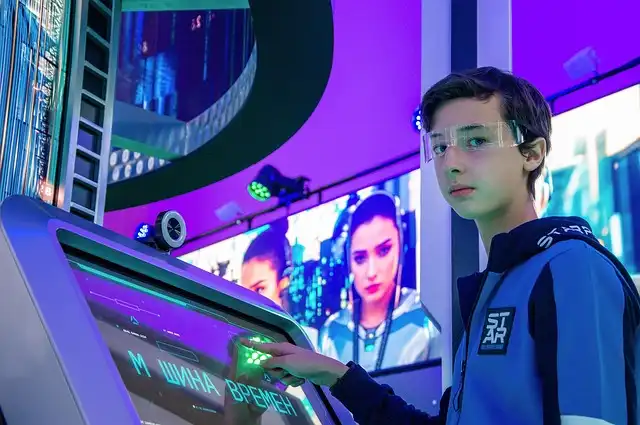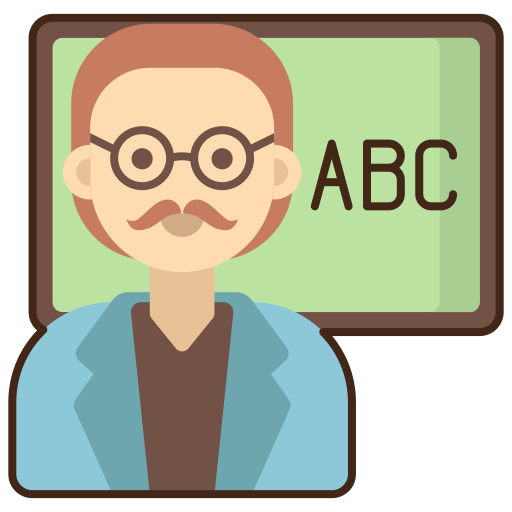AI & Academia: Academic Freedom, Rights, and Institutional Concerns

AI's impact on academia raises concerns about academic freedom and faculty rights. AAUP report highlights institutional concerns and the need for active faculty involvement in the integration of AI in education.
AI is below, instead instantly, pretty disruptively, and in a large means. Various institutions are embracing different positions and much of the adaptation is falling on professors, in some cases with minimal advice. While taking into consideration exactly how these devices influence what’s taking place at the degree certainly and pedagogy is a requirement, it additionally seems clear that faculty worried concerning maintaining their very own legal rights must be considering some of the institutional/structural concerns.
AAUP Report: AI and Academic Professions
A report, Expert system and the Academic Professions, simply launched by the AAUP, should go to the top of any person’s checklist. Based upon a national survey, the report checks out a variety of big-picture classifications, all of which have a direct connection to problems of academic freedom.
Personally, I have a lot more concerns than responses currently, however there’s a handful of recent readings that I wish to recommend to others to aid ground thinking that may result in far better concerns and workable answers.
The report both sums up professors worries as revealed in the study and offers referrals for activities that will certainly secure faculty legal rights and autonomy. Having read the report, sometimes the referrals at first appear frustratingly vague but checked out in total, they are essentially a require energetic faculty involvement in taking into consideration the ramifications of the junction of this innovation (and the companies developing it) with educational institutions.
Faculty Concerns and AI Integration
Different institutions are embracing different positions and much of the adjustment is dropping on faculty, in some cases with marginal advice. While taking into consideration just how these tools influence what’s taking place at the degree of program and pedagogy is a requirement, it additionally seems clear that professors concerned concerning preserving their own civil liberties should be taking into consideration some of the institutional/structural problems.
Surveillance Dystopia in Education
I read it as a surveillance-driven dystopia where I would either have to opt-out (if allowed), or more likely have to leave, but you can inspect the comments to the message itself and find some early enthusiasts. The complexity of the technological vision recommends that such a vision would certainly be difficult to difficult to realize, however the underlying values of boosted efficiency, lowered price and raised standardization are consistent with the instructions instructional systems have actually been going for decades.
An exclusive, unaccredited firm established and run by sales and advertising and marketing professionals is responsible for the (pseudo)educational coursework, while the certified university is used only for its sales and advertising functions, getting paid by commission on the headcount of pupils who enroll from their top quality site.
Missing Faculty Voice in EdTech
In such a way, the report highlights, in knowledge, exactly how absolutely missing faculty have actually been as existing instructional innovation has been woven into the textile of our establishments, which it would certainly be a catastrophe for that lack to be bolstered when it comes to AI.
The “powered by design” is an absolutely absurdist function reversal. A personal, unaccredited firm founded and run by sales and marketing experts is responsible for the (pseudo)instructional coursework, while the approved university is used only for its sales and marketing features, earning money by payment on the headcount of trainees that sign up from their well-known website. University partners are incentivized to bend their brand name power and utilize their exclusive data, advertising spending plans, and sales forces to maximize this commission, while Ziplines provides cookie-cutter touchdown pages and very reproducible microdegrees, the web content of which is largely produced by gigworkers.
Robbins, a previous university dean, perhaps plans this much more as a justification than an actionable proposition however, as a proposal, it is a comprehensive vision for changing human labor with AI direction that depends on a collection of interwoven tech applications where human beings are “in the loop,” yet which greatly run autonomously.
Tech Shaping Research and Administration
Education technology all at once is an academic freedom problem, however, the advancement of technical systems which shape (and in some cases also identify) study, administration and rearing have been left in the hands of others, with professors required to capitulate to a system made and regulated by others.
When it pertains to technology and the college, we have actually seen this play prior to. If professors aren’t prepared to assert their rights and exercise their power, you will not see me writing the kinds of lamentations I’ve provided concerning tenure for many years because there won’t suffice faculty left to worry about such things.
1 academic freedom2 affect higher education
3 AI in education
4 AI technology
5 faculty rights
6 institutional concerns
« Higher Ed Procurement: Shaping Student Experience & ValuesUS Federal Student Loan Program: Policy Changes & Committees »
